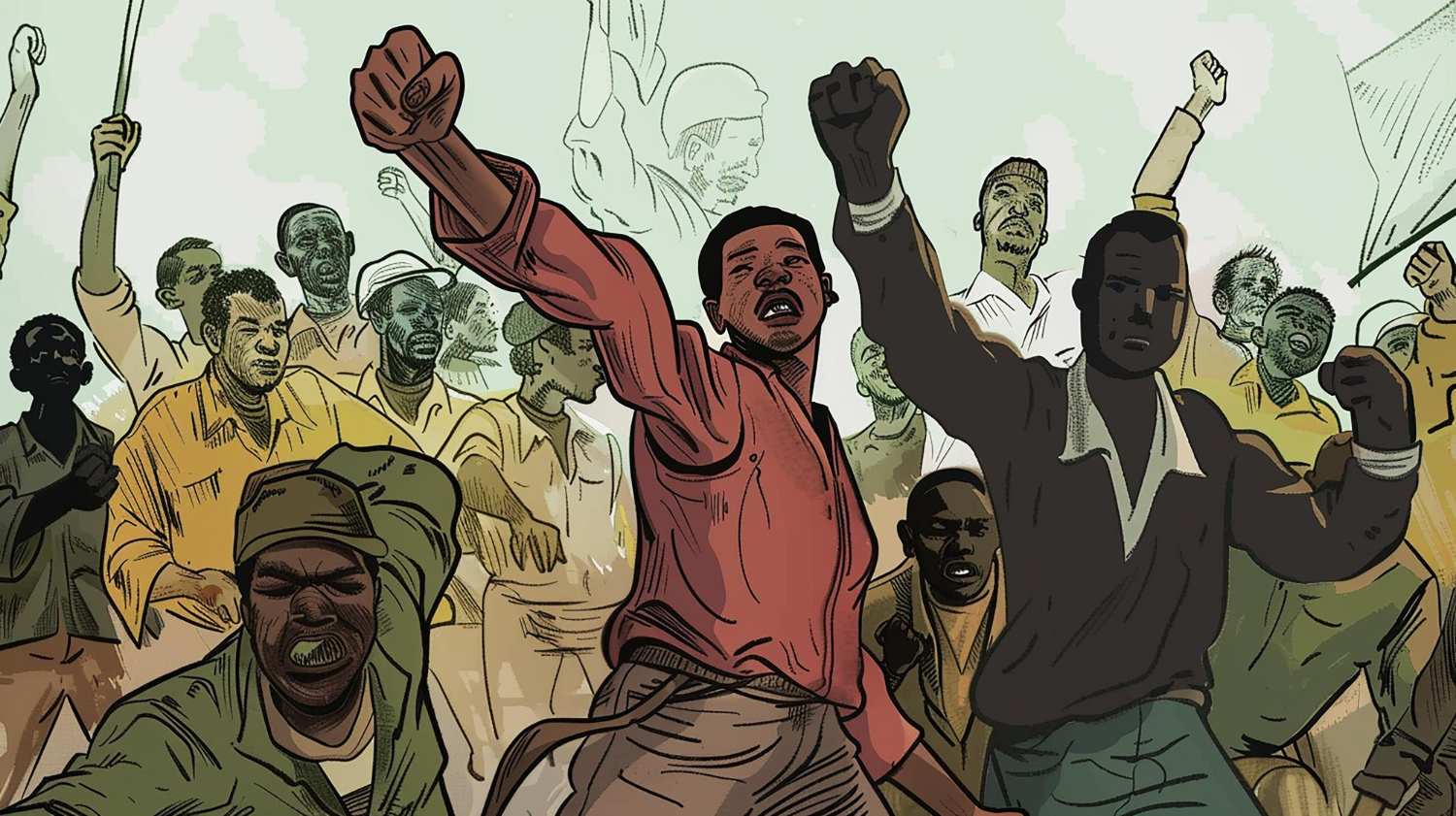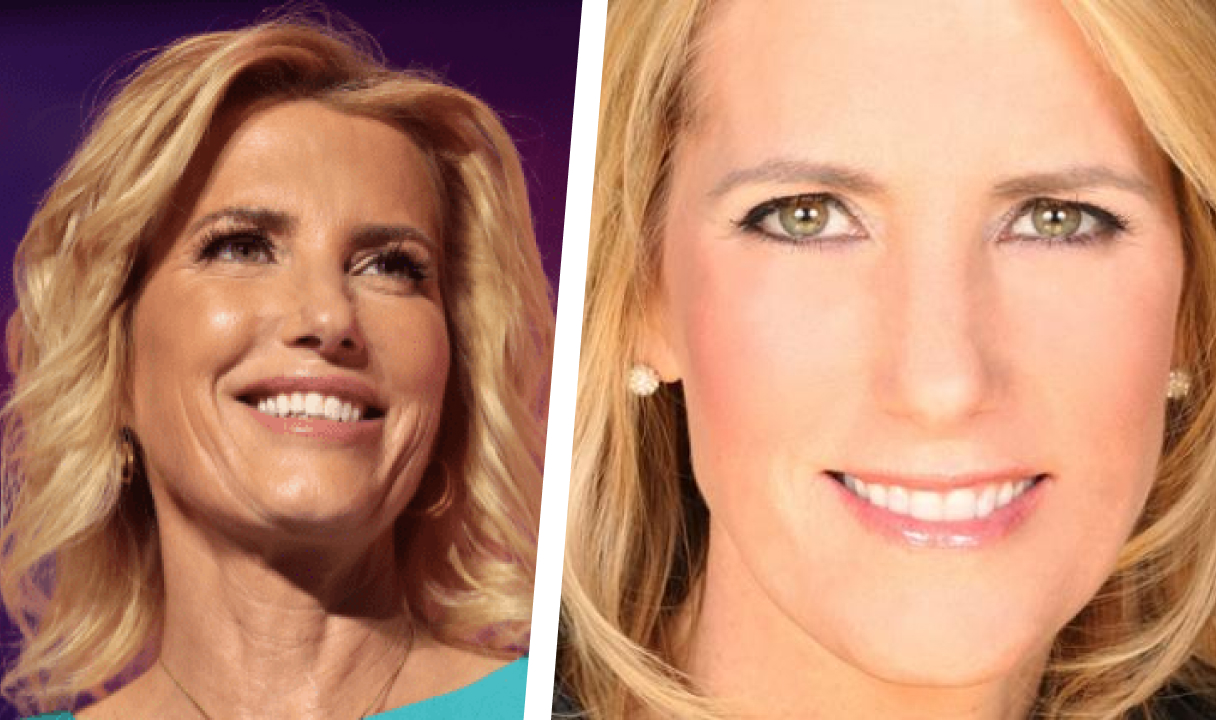Throughout history, humanity has grappled with questions of unity, equality, and justice. Today, as societies confront the challenges of systemic racism, rising nationalism, and ideological conflicts such as communism versus capitalism, these questions have become increasingly urgent.
The Bahá’í Faith, a religion founded in the 19th century by Bahá’u’lláh, offers profound teachings that address these critical issues. At the heart of the Bahá’í message is the belief in the oneness of humankind and the essential equality of all people.
This blog takes a closer look at how the principles of the Bahá’í Faith provide guidance on issues of racism, nationalism, and communism—and how these teachings could help us build a more just and unified global society.
Table of Contents
ToggleWhat Is the Bahá’í Faith?
The Bahá’í Faith is a global spiritual community rooted in the teachings of Bahá’u’lláh, who declared in the 19th century that he was the latest in the line of divine messengers that includes Abraham, Moses, Buddha, Jesus, and Muhammad.
Central to the Bahá’í teachings is the principle of the oneness of humanity. Bahá’ís believe that all people, regardless of race, nationality, or background, are part of one human family.
The Faith calls for global unity, the elimination of all forms of prejudice, and the construction of a society that is equitable and just. This vision is not just theoretical; it’s practical, offering real steps to address the world’s challenges, including those born from racism, nationalism, and political ideologies.
What Do the Bahá’í Teachings Say About Racism?
Condemnation of Racial Prejudice
Racism is strongly condemned in the Bahá’í teachings as one of the major obstacles to unity and social progress. Bahá’u’lláh referred to all humans as “the branches of one tree and the leaves of one branch,” emphasizing that the divisions created by race are artificial and harmful. ‘Abdu’l-Bahá, the son of Bahá’u’lláh and one of the key figures in the Bahá’í Faith, called racial prejudice “a destroyer of the foundations of humanity.”
Promoting Racial Unity
The Bahá’í community actively works to combat racism by fostering inclusive spaces, interfaith dialogues, and educational programs. For example, during the American Civil Rights Movement, Bahá’ís hosted inter-racial unity conferences, creating platforms for constructive dialogue and reconciliation.
Modern efforts include grassroots community-building initiatives worldwide, where people from diverse cultures come together to learn and collaborate. By focusing on education, mutual respect, and common purpose, the Bahá’í Faith promotes lasting solutions to systemic racism.
The Bahá’í Perspective on Nationalism
Critique of Extreme Nationalism
The Bahá’í Faith views extreme nationalism as a divisive force, separating people and prioritizing narrow national interests over the well-being of humanity as a whole. Bahá’u’lláh referred to the Earth as “one country, and mankind its citizens.” This perspective urges humanity to transcend boundaries that divide and to view the planet as a shared homeland.
Bahá’ís also highlight the dangers of excessive nationalism through historical examples, such as how nationalist ideologies contributed to the rise of totalitarian regimes and global conflicts in the 20th century.
Advocacy for Global Unity
The Bahá’í Faith advocates for “global citizenship” and systems of global governance to tackle pressing issues like climate change, economic inequality, and war. The Bahá’í International Community actively collaborates with governmental and non-governmental organizations to promote these ideals.
By fostering global collaboration and unity, Bahá’ís believe that humanity can address challenges that no single nation can resolve on its own.
The Bahá’í Approach to Communism
Criticism of Materialistic Ideologies
While the Bahá’í Faith promotes social justice, it critiques both unfettered capitalism and communism. Communism’s focus on materialism and its neglect of spiritual values are key points of criticism. Furthermore, the Bahá’í teachings oppose any system that suppresses individual freedoms or stifles human creativity.
Proposed Economic Alternatives
The Bahá’í Faith proposes a balanced economic model that avoids the extremes of wealth and poverty. Bahá’u’lláh taught that economic systems should be underpinned by ethical principles, including voluntary wealth redistribution, support for the disadvantaged, and fair governance.
This perspective aligns with neither communism nor unregulated capitalism; instead, it offers an approach focused on the welfare of humanity as a whole, recognizing both spiritual realities and material needs.
Comparison with Capitalism
The Bahá’í Faith also critiques capitalism when it fosters greed, exploitation, and extreme inequality. Instead, the Faith advocates for moderation and equity, calling for systems that balance individual initiative with collective well-being.
Comparing Bahá’í Teachings with These Ideologies
When compared with racism, nationalism, and communism, the Bahá’í teachings stand apart due to their emphasis on spiritual principles and community-driven solutions. By addressing the root causes of division—ignorance, prejudice, and materialism—the Bahá’í Faith provides a practical roadmap for fostering unity and justice.
Key elements include promoting racial harmony through education, fostering global collaboration to replace extreme nationalism, and emphasizing equity and ethics to counter materialistic ideologies like communism and capitalism.
Practical Applications of Bahá’í Principles Today
If applied in modern society, Bahá’í teachings could:
- Address Systemic Racism: Through grassroots initiatives, interfaith dialogues, and widespread education, systemic racism could be dismantled more effectively.
- Support Global Governance Efforts: By promoting unity and global collaboration, Bahá’í principles could contribute to resolving conflicts, tackling climate change, and eradicating poverty.
- Encourage Ethical Economic Practices: Bahá’í viewpoints on voluntary wealth redistribution and ethical business governance could serve as valuable frameworks for economic reform.
Example Projects
From hosting racial unity conferences to supporting sustainable development projects, Bahá’í communities worldwide are actively working toward a more united, just, and equitable society.
Conclusion
The Bahá’í teachings on racism, nationalism, and communism offer not just profound insights but actionable paths toward a united, equitable, and just society. By focusing on unity, equity, and spirituality, the Bahá’í Faith provides a beacon of hope in confronting the challenges of our age.
Explore these teachings further and discover more about how they can inspire collective action by visiting the official Bahá’í website. Together, we can build a world that reflects the oneness of humanity.
FAQs
How does the Bahá’í Faith address systemic racism?
Bahá’ís combat racism through educational programs, interfaith collaborations, and community-building initiatives that emphasize the oneness of humanity.
Why does the Bahá’í Faith see nationalism as a barrier to world peace?
Extreme nationalism prioritizes division and competition. The Bahá’í Faith instead promotes global citizenship and collective well-being.
Does the Bahá’í Faith support any political ideology?
No, Bahá’ís refrain from partisan politics but advocate principles like justice, equality, and unity.
What economic solutions does the Bahá’í Faith propose?
The Faith calls for eliminating extremes of wealth and poverty, promoting ethical governance, and fostering voluntary wealth sharing based on spiritual values.
What has the Bahá’í Faith contributed to racial or social justice movements?
Bahá’ís have a history of supporting justice movements, including hosting racial unity conferences and working within diverse communities to eliminate prejudice.









